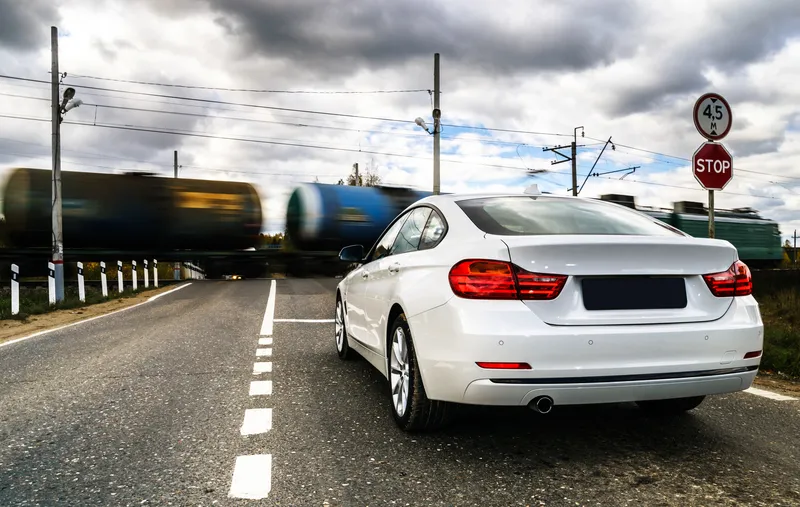Developed by
The new SmartParker system, developed by Parkeon in conjunction with the Public Transport Authority of Western Australia, is in operation at
The system enables card holders link their vehicle registration details to their SmartRider account via the scheme’s website and the parking fee is automatically debited when the transit card is used for parking. Transactions are processed via Parkeon’s centralised MyParkfolio database linked to the SmartRider scheme.
Owen Griffith, managing director of Parkeon Transit commented “This is a first for Australia but the innovation clearly has potential in other markets, including the UK, as we seek to develop integrated, multi-modal payment mechanisms that make life easier for consumers.”
Dave Thompson, director of Parkeon in Australia, added: “SmartParker is now turning the vision of a more integrated future into reality. Our technology is making car parking and urban transport a seamless experience for people in Perth...gone are the days of searching for spare change.”
Integrated transport and car parking smartcards for Perth
Developed by Parkeon engineers in the UK in conjunction with the Public Transport Authority of Western Australia, the SmartParker system enables public transport users in Perth to pay for car parking using their SmartRider smartcards.
The new SmartParker system, developed by Parkeon in conjunction with the Public Transport Authority of Western Australia, is in operation at Transperth train stations and card users can now link parking payments to their SmartRider travel smartcards. The machines are alread
August 28, 2014
Read time: 2 mins









